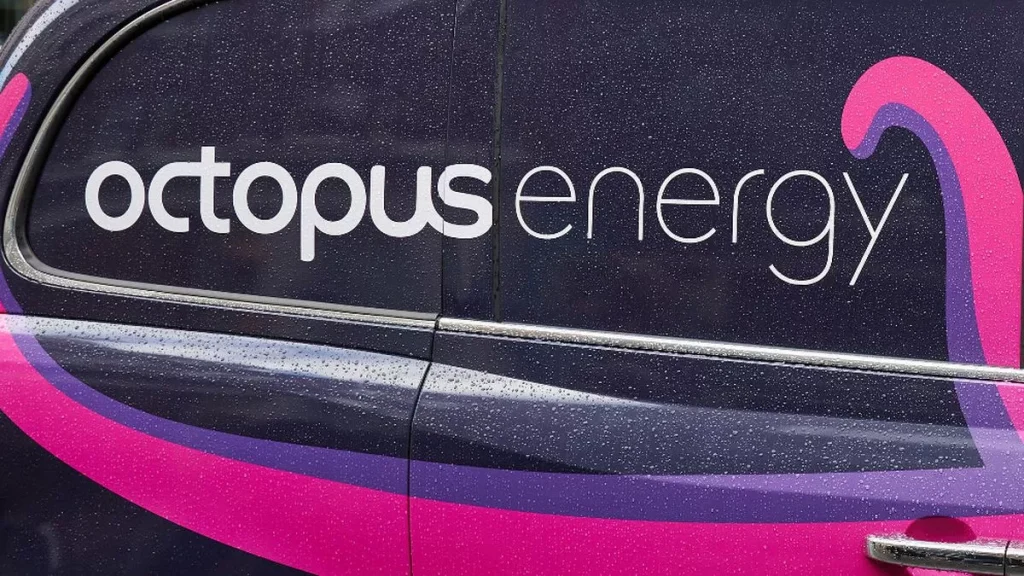The CEO of Octopus Energy, the UK’s second-largest energy provider, has openly criticized in-home display devices for smart meters amid reports of households facing issues with faulty devices.
Greg Jackson, the founder of Octopus Energy, expressed his frustration with in-home display devices in response to a customer complaint on the social media platform X. He described the devices as “so bad,” highlighting the company’s extensive experience in addressing customer concerns regarding these devices.
Smart meters have gained widespread adoption as energy companies promote their benefits in aiding household budgeting by providing real-time information on gas and electricity usage. These devices can transmit readings remotely to energy suppliers, streamlining the billing process and offering consumers insights into their energy consumption patterns.
The In-Home Display (IHD) accompanies smart meters, offering users information about their energy usage directly on a small screen. While energy companies tout smart meters as a technological advancement, issues with these devices are not uncommon.
Reports have surfaced of IHDs and smart meters displaying inaccurate usage data or failing to function altogether. Instances of households being billed for energy consumed by properties hundreds of miles away have raised concerns about the reliability of these devices.
In one case investigated by Money Mail, flat owners in West London experienced a drastic increase in their monthly energy bills after a smart meter installation. The meter sent readings from a property located 270 miles away, resulting in erroneous billing.
One of the challenges with smart meters lies in the quality of the underlying data systems. The accuracy of billing and usage information depends on the integrity of the data inputted into these systems.
Despite the government’s initiative to install smart meters in most homes, a significant number of meters remain inactive, contributing to billing discrepancies and customer dissatisfaction.
Greg Jackson highlighted the complexities of smart meter technology, emphasizing the need for meticulous data management to ensure accurate readings and billing. Octopus Energy, known for its customer-centric approach, has developed its own consumer access device, the Octopus Home Mini, to address the limitations of traditional in-home displays.
The Octopus Home Mini connects to smart meters, providing customers with real-time data updates every 5 to 15 seconds through the Octopus app or online account. This innovative solution aims to enhance user experience and empower consumers to make informed decisions about their energy usage.
Despite the challenges associated with smart meter technology, Octopus Energy remains committed to promoting the adoption of smart meters and leveraging their capabilities to facilitate the transition to a more sustainable energy future.
